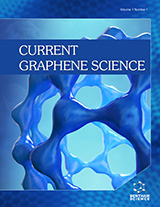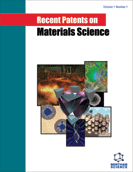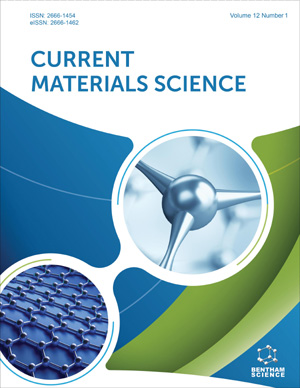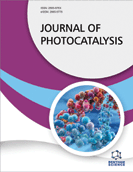Abstract
The size range of nanoparticles between 1-100nm is unique because of their
extremely small structure with a very high surface area to volume ratio. Besides
naturally produced nanoparticles, there is a huge worldwide demand for synthetic
nanoparticles. These synthetic nanoparticles are modified to some extent according to
the specific need. These manipulations at the nano-scale paved the way for a popular
branch of science called nanotechnology. However, with the massive use of
nanoparticle-based industrial products in our day-to-day lives, we knowingly or
unknowingly ignore their impact on the environment. The air, water, and soil quality
determines environmental health, which is reflected by a healthy ecosystem and its
biodiversity. The existing intricate interaction between humans and their surrounding
environment is important for maintaining a fine balance in the ecosystem. Any change
in this interaction may lead to adverse consequences. The nanoparticles released in the
environment cause a varying degree of effects on the ecosystem based on the type,
surface coating, and degree of its environmental transformation. Some nanoparticles
are harmful to the environment and some are beneficial. Some of the nanoparticles in
the environment get bioaccumulated in plants and animals, disturbing their growth and
productivity. Remediation by nanoparticles has been effective in removing some toxic
compounds from the environment, thereby providing a way to minimize pollution
efficiently. Thus, in this review, we have tried to present an overview of the sources,
fate, and effects of nanoparticles available in air, water, and soil. We strongly advocate
for the long-term assessment of nanoparticles, and the formulation of strict guidelines
for their usage by the concerned industries for better environmental health, and in turn
a healthy ecosystem.






















